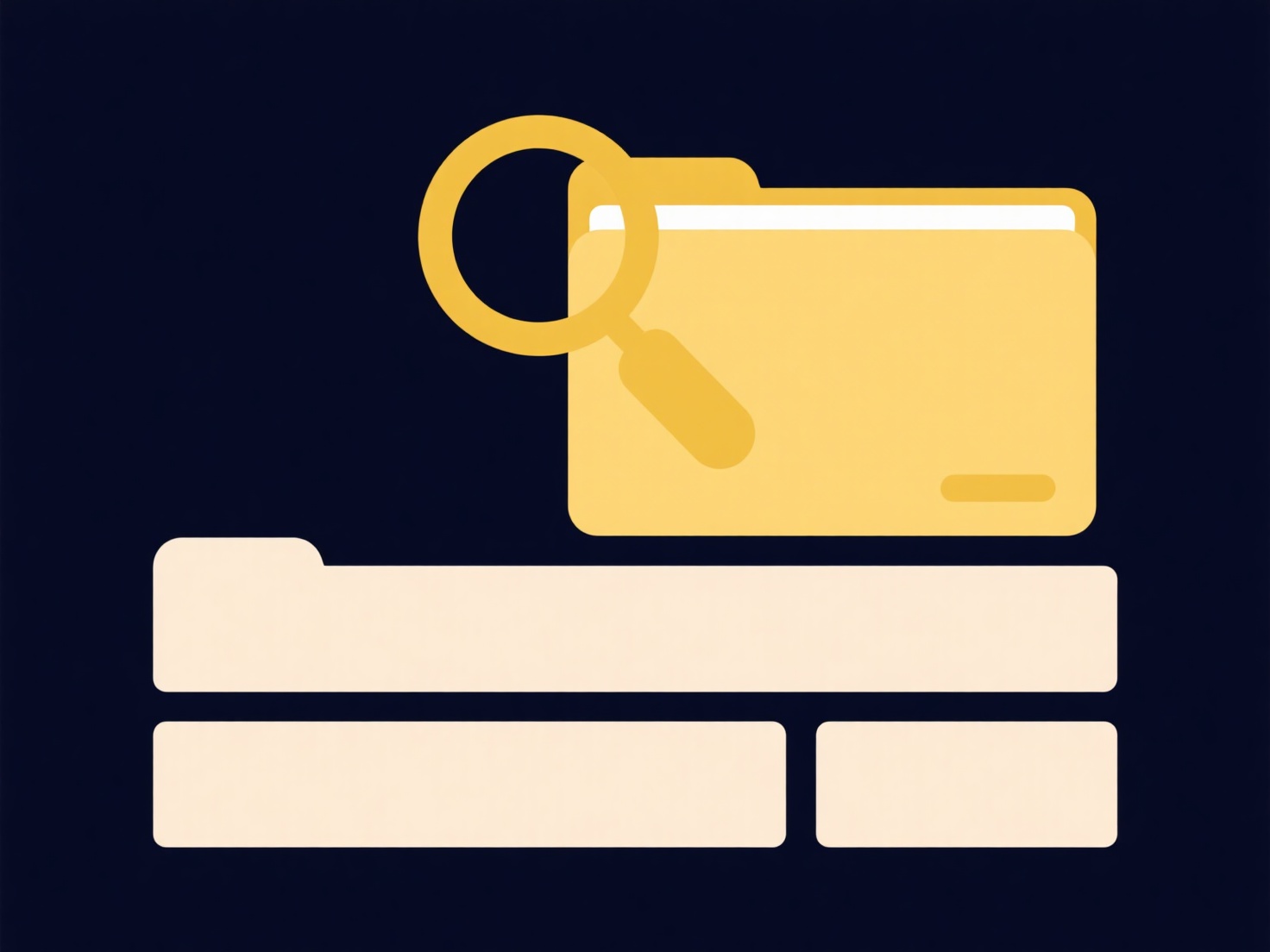
Cancelling a cloud subscription stops your access to the cloud storage service and its features, like syncing or accessing files via the internet. Crucially, this action only affects the copies of your files stored on the cloud provider's servers. Your original local files, physically stored on your personal computer, laptop, external hard drive, or USB stick, remain completely untouched and available on that local device. It does not erase anything directly from your own hardware.

For example, if you cancel your Dropbox subscription, all the files you personally saved directly onto your laptop's hard drive before uploading them to Dropbox will still be accessible on that laptop. Similarly, a business user cancelling a Salesforce subscription would lose access to the centralized CRM platform and cloud-stored customer data, but locally downloaded reports saved to their desktop folder outside of Salesforce would remain.
The key advantage is that users maintain full control over their locally stored originals, allowing them to switch cloud providers without losing their core data. A significant limitation, however, is that this separation can cause confusion or potential data loss if a user primarily worked only on files within the cloud platform's interface and failed to ensure crucial data was also saved locally. This emphasizes the importance of understanding the distinction between local storage and cloud storage when relying on subscription services.
What happens to my local files if I cancel my cloud subscription?
Cancelling a cloud subscription stops your access to the cloud storage service and its features, like syncing or accessing files via the internet. Crucially, this action only affects the copies of your files stored on the cloud provider's servers. Your original local files, physically stored on your personal computer, laptop, external hard drive, or USB stick, remain completely untouched and available on that local device. It does not erase anything directly from your own hardware.

For example, if you cancel your Dropbox subscription, all the files you personally saved directly onto your laptop's hard drive before uploading them to Dropbox will still be accessible on that laptop. Similarly, a business user cancelling a Salesforce subscription would lose access to the centralized CRM platform and cloud-stored customer data, but locally downloaded reports saved to their desktop folder outside of Salesforce would remain.
The key advantage is that users maintain full control over their locally stored originals, allowing them to switch cloud providers without losing their core data. A significant limitation, however, is that this separation can cause confusion or potential data loss if a user primarily worked only on files within the cloud platform's interface and failed to ensure crucial data was also saved locally. This emphasizes the importance of understanding the distinction between local storage and cloud storage when relying on subscription services.
Quick Article Links
Can duplicate files cause sync issues?
Duplicate files occur when identical copies of the same content exist in a folder or across devices being synchronized. ...
What is the best format for high-quality audio?
Lossless audio formats preserve all original sound data from recordings. They work by compressing files without discardi...
How can I fix a corrupted document?
Document corruption occurs when a file becomes damaged and cannot open properly, often due to application crashes, sudde...